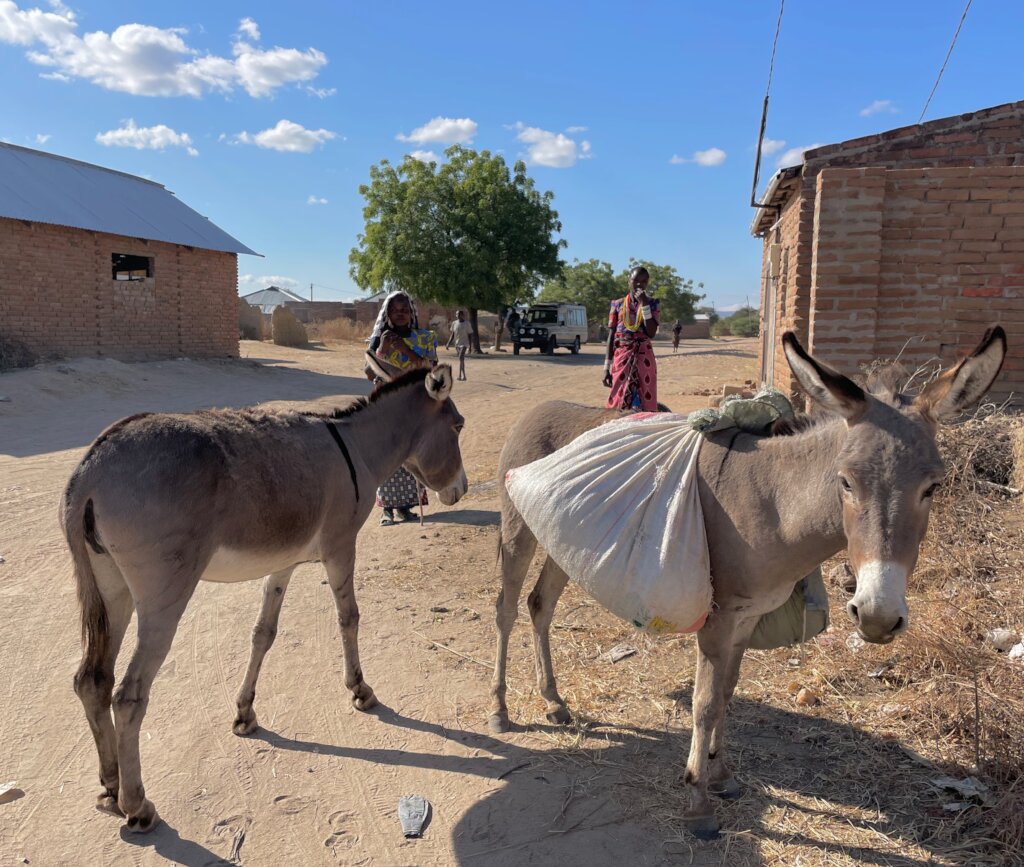Problem
The human-driven impacts of biodiversity loss, climate change, and resource degradation have far-reaching effects on human, animal, and ecosystem health. It is often the poorest regions of the world that carry the heaviest burden of this strain. Gender inequalities leave women, in particular, with less access to resources, making them exceptionally vulnerable to natural disasters, disease, and food insecurity - all consequences of our overstrained planet.
Goals
Many women in remote areas of Tanzania spend their days navigating between human, domestic animal, and wildlife interfaces and have a unique perspective on ecosystem balance. The Women's EARTH project (WEP) harnesses this collective knowledge and places opportunity and solutions in the hands of rural women. Working across a regional network of WONDER Hubs, WEP graduates will co-develop One Health interventions to address conservation, climate, and species-wide health challenges.
Long-Term Impact
Since 2021, over 55 rural Tanzanian women have launched integrative community projects that are positively impacting regional water, soil, biodiversity and health. Your support will help us add 150 more women to the program and operationalize a network of WONDER Hubs (Women's-One Health-Network-Driving-Ecosystem-Restoration) across six communities (~2800 households). This initiative will serve as a scalable model to promote women-led One Health activities in Tanzania's Southern Highlands region.
Long-Term Impact
Since 2021, over 55 rural Tanzanian women have launched integrative community projects that are positively impacting regional water, soil, biodiversity and health. Your support will help us add 150 more women to the program and operationalize a network of WONDER Hubs (Women's-One Health-Network-Driving-Ecosystem-Restoration) across six communities (~2800 households). This initiative will serve as a scalable model to promote women-led One Health activities in Tanzania's Southern Highlands region.

